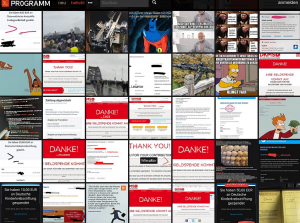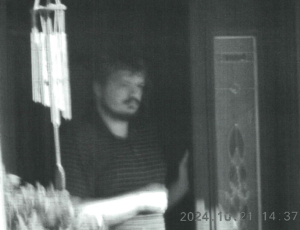
Published on: August 29, 2024
The US government just put a sizable bounty on any information related to the Belarusian national, Volodymyr Kadariya, for his crimes associated with a large-scale hacking organization.
His crimes include using malvertising to steal millions of dollars from victims as well as a multi-year involvement in transmitting the Angler Exploit Kit (AEK). He also had a hand in distributing several other malware strains. He was also charged with wire fraud, conspiracy to commit wire fraud, and multiple counts of substantive wire fraud.
“At times during the scheme, the AEK was a leading vehicle through which cybercriminals delivered malware onto compromised electronic devices,” the State Department said in a press release.
The Angler Exploit Kit was a tool used by ransomware gangs, malware groups, and other hackers for many years. It was one of the most widely used tools by threat actors and works by leveraging exploits in a victim’s software to infect them with malware right under their nose. The campaign lasted from 2013 to 2022.
He was indicted in New Jersey on June 14, but without any knowledge of his whereabouts, law enforcement has no ability to apprehend him.
Because of this, the US Department of State has put forth a $2.5 million bounty to anyone who has information that leads to his arrest. This bounty can be claimed by anyone in any country, proving the US’s determination to catch them.
While the tool is less effective nowadays due to the rapid advancement in cybersecurity technology, including dozens of security patches that fix exploits and shore up vulnerabilities, it’s still responsible for a massive amount of cyber crimes and is still in use by some gangs.
“Please direct information in response to the reward offer to the US Secret Service by email at MostWanted@usss.dhs.gov. If you are located outside of the United States, please contact the nearest U.S. Embassy/Consulate,” reads the press release.
Source of Article



